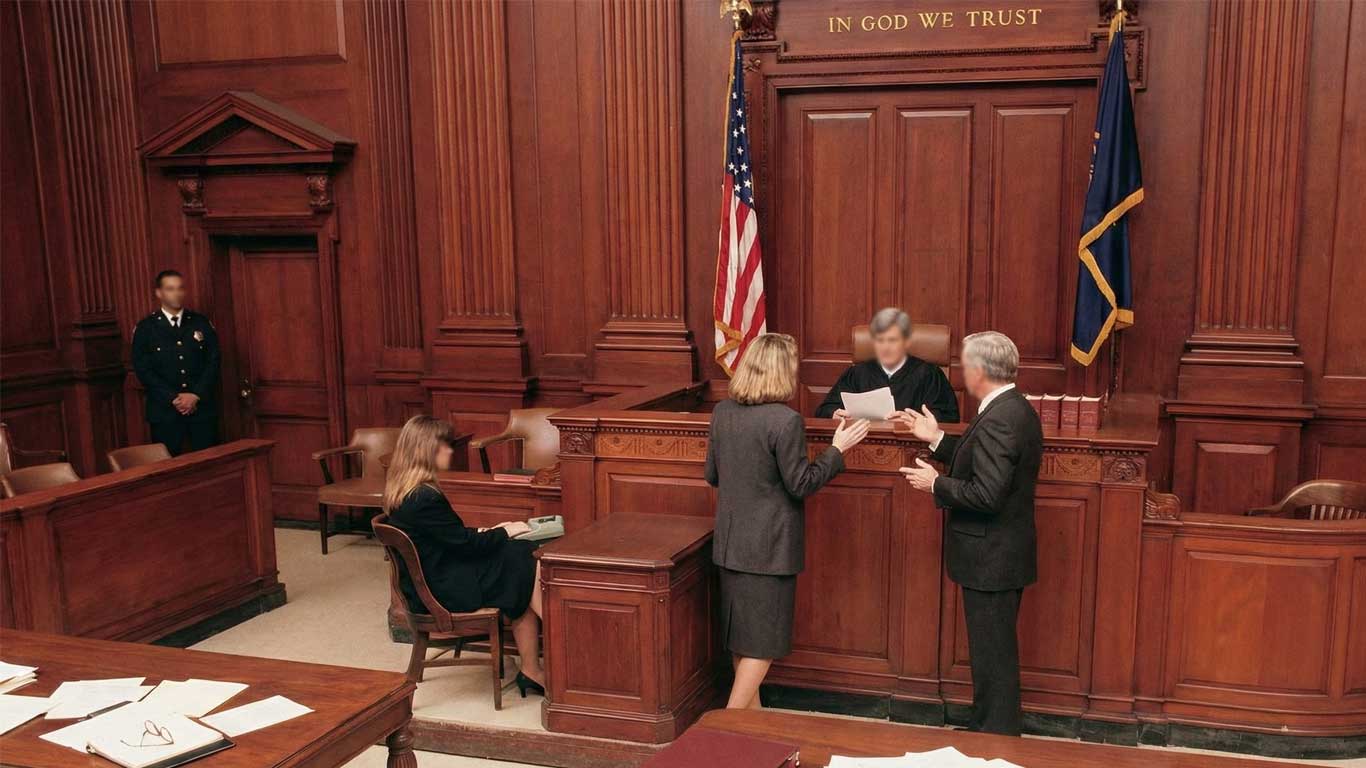
The Eighth Circuit Court of Appeals has reversed a district court’s decision, ruling that a motion for a belated appeal in Arkansas does, in fact, pause the clock on the federal statute of limitations for filing a habeas corpus petition. This case, *Harl A. Garrett v. Dexter Payne*, centers on a convicted sex offender, Harl Garrett, who claimed his right to appeal was violated.
Background of the Case
The case began in 2019 when Garrett was convicted of second-degree sexual assault in Garland County, Arkansas, and sentenced to 20 years. Garrett wanted to appeal his conviction, and he asked his lawyer, Ben Hooten, to file the necessary paperwork. However, instead of filing an appeal, Hooten withdrew from the case. He cited that another attorney would be better suited to look for errors at trial and that Garrett had been provided with information on the rules of appellate procedure. The trial court approved Hooten’s withdrawal.
Garrett, however, didn’t find out that Hooten was no longer his lawyer until after the deadline to file a direct appeal had passed. Hooten then informed Garrett that he was “on his own” and included a pro se notice of appeal. Garrett, acting without a lawyer, attempted to file a notice of appeal himself but was told it was too late. He then sought a belated appeal, first in the Garland County Circuit Court and later in the Arkansas Supreme Court, but both attempts were rejected.
Garrett then filed a federal habeas corpus petition, arguing that he was denied his right to a direct appeal because of his lawyer’s actions and the court’s failure to inform him of the withdrawal in time to file an appeal. The district court initially dismissed Garrett’s petition, claiming it was filed too late, but it did acknowledge that the issue of whether a motion for a belated appeal in Arkansas could pause the statute of limitations was debatable.
The Legal Question: Tolling the Statute of Limitations
The central legal issue was whether the time Garrett spent trying to file a belated appeal in Arkansas paused, or “tolled,” the one-year statute of limitations for filing a federal habeas corpus petition under the Antiterrorism and Effective Death Penalty Act of 1996 (AEDPA). Under AEDPA, the one-year deadline for filing a federal habeas petition can be extended if a state court proceeding is pending. Specifically, the law says the clock stops running during the time a properly filed application for “State post-conviction or other collateral review” is active.
The district court decided that Garrett’s motion for a belated appeal did *not* qualify as “collateral review,” meaning the time spent on that motion didn’t stop the clock. Consequently, the district court ruled Garrett’s federal petition was filed too late.
The Eighth Circuit’s Reasoning
The Eighth Circuit disagreed with the district court, finding that a motion for a belated appeal in Arkansas *does* constitute “collateral review.” The court relied on the Supreme Court’s definition of “collateral review,” which it described as a judicial reexamination of a judgment outside of the direct appeal process.
The Eighth Circuit reasoned that a belated-appeal motion in Arkansas fits this definition. First, it is outside the direct appeal process. Second, it invites “review” because, if granted, it would reopen the appeal. The court emphasized that a successful belated-appeal motion would allow the court to consider Garrett’s claim that his constitutional right to a direct appeal was violated and, if the court agreed, to order a new appeal.
The court distinguished Garrett’s situation from situations like a motion for counsel or discovery, which the Supreme Court had indicated *do not* constitute collateral review. Those motions don’t directly lead to a reexamination of the original judgment.
The court also noted that its decision aligned with the principles of comity, which encourage state courts to correct constitutional violations. The court held that the belated-appeal motion gave Arkansas courts the chance to address the alleged errors.
The Dissenting Opinion
Circuit Judge Stras dissented, arguing that a motion for a belated appeal is not “collateral review” but rather an attempt to reinstate direct review. He contended that the motion does not involve the same kind of judicial examination as other forms of post-conviction review. He also argued that the motion does not allow the court to alter the judgment directly.
Judge Stras said that the majority’s decision could lead to a broad interpretation of “collateral review” that could potentially include other actions that are not typically considered post-conviction review.
The Outcome and What it Means
Because the Eighth Circuit found that Garrett’s motion for a belated appeal did toll the statute of limitations, it reversed the district court’s decision. This means Garrett’s federal habeas petition should be considered timely. The case has been sent back to the district court for further proceedings.
This ruling is significant because it clarifies the status of motions for belated appeals in Arkansas under federal law. It provides guidance for other courts dealing with similar issues and potentially benefits other inmates in Arkansas who may have faced similar circumstances.